Over 6 in 10 Americans opposed to universities asking applicants’ race: Poll
A new poll has found that most Americans are opposed to race being a determinant factor for applicants in college admissions decisions.
The poll conducted by the Schar School of Government found that 63 percent of Americans would support the Supreme Court prohibiting colleges and universities from considering race and ethnicity when making admissions decisions, The Washington Post reported on Saturday.
The poll also showed at least 60 percent of all racial groups except for Black Americans supported eliminating race from college admission decisions. Black Americans were 53 percent in favor of the consideration of race in admissions and 47 percent were opposed to it.
Majorities of all racial groups also supported programs to increase racial diversity on college campuses, equaling almost two-thirds of all adults.
The Post reported that nine states had already prohibited the consideration of race in public university admissions, and many public institutions in other states do so as well.
About 40 percent of those surveyed said Black and Hispanic students have an unfair disadvantage, while slightly more than 40 percent said they have a fair chance.
More than 60 percent said white and Asian students have a fair chance, while more than a quarter said white students have an unfair advantage.
The poll was conducted from October 7 to 10 among a random national sample of 1,238 adults.
The poll was held ahead of the Supreme Court hearings this month on racial and ethnic diversity rule among students known as Affirmative Action.
At the end of this month, the Supreme Court will hear two cases that will determine the future of Affirmative Action.
Students for Fair Admissions (SFFA) have sued Harvard, a private university, and the University of North Carolina (UNC), a public one, for considering race in their application process.
The cases have the potential for the court to overturn its past precedent [Grutter v. Bollinger: 2003] on Affirmative Action, which had allowed race to be a factor in academic admissions as long as other factors were also considered.
The Affirmative Action policy in the United States dates back to the early 1960s when Executive Order 10925 was implemented by US President John F. Kennedy as a means to reduce racial discrimination in hiring processes in the United States.
Affirmative Action allows higher education institutions to consider race when reviewing applicants for admission, as long as that consideration helps further the goal of cultivating a diverse student body. This is what is referred to as a race-conscious admissions policy. These policies are what today we would think of as antiracist reform: taking steps to promote equal opportunity.
However, the SFFA argues the admissions policy discriminates against Asian American applicants.
Sexual harassment
Rampant sexual harassment has been cited by rights groups as another sticking point, that needs to be resolved at universities and colleges across the United States.
The National Academies of Sciences, Engineering and Medicine in Washington, DC, reported about sexual harassment at US universities and colleges back in 2018.
According to the non-profit group, sexual harassment was pushing talented researchers out of the field and harming others’ careers.
In this regard, three female graduate students at Harvard had filed a lawsuit against the University for ignoring their complaints about the sexual harassment of students by a professor.
The New York Times revealed earlier this year that the lawsuit had been filed by Harvard graduate students Margaret Czerwienski, Lilia Kilburn and Amulya Mandava in a Boston federal court against the Ivy League school.
Ukraine war talks begin in UAE as Russia repeats Donbas demand
Iran slams UNHRC session as illegitimate, says no submission to foreign pressure
Six-month-old boy freezes to death in Gaza amid Israel's inhumane blockade
VIDEO | Protestors in South Africa slam US interference in other countries’ affairs
Israel runs smear campaign against Doctors Without Borders: Report
Iran slams EU parliament’s ‘meddlesome, irresponsible’ resolution on terrorist riots
Iran rejects Trump’s claim on executions as ‘completely false’
VIDEO | Israel silencing truth


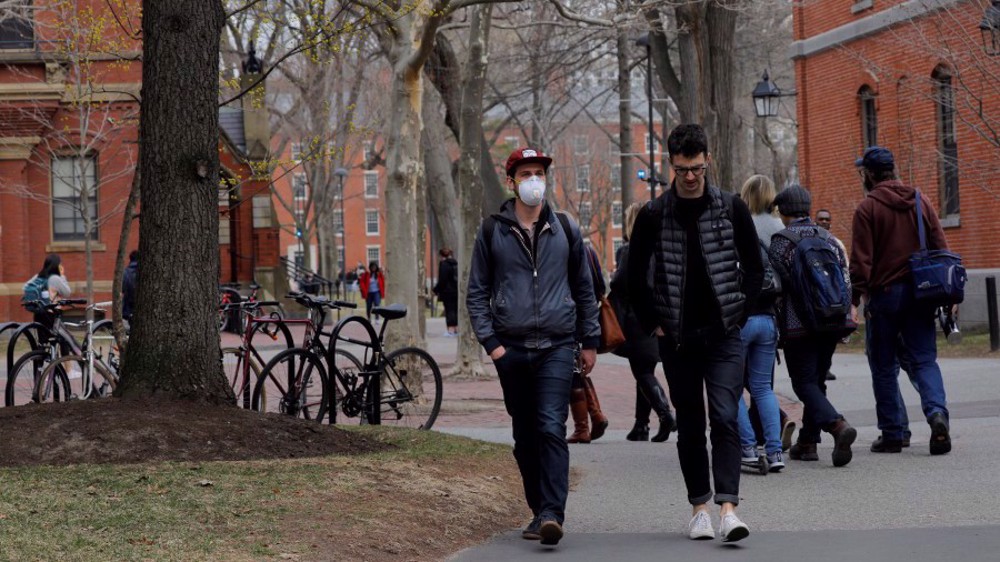
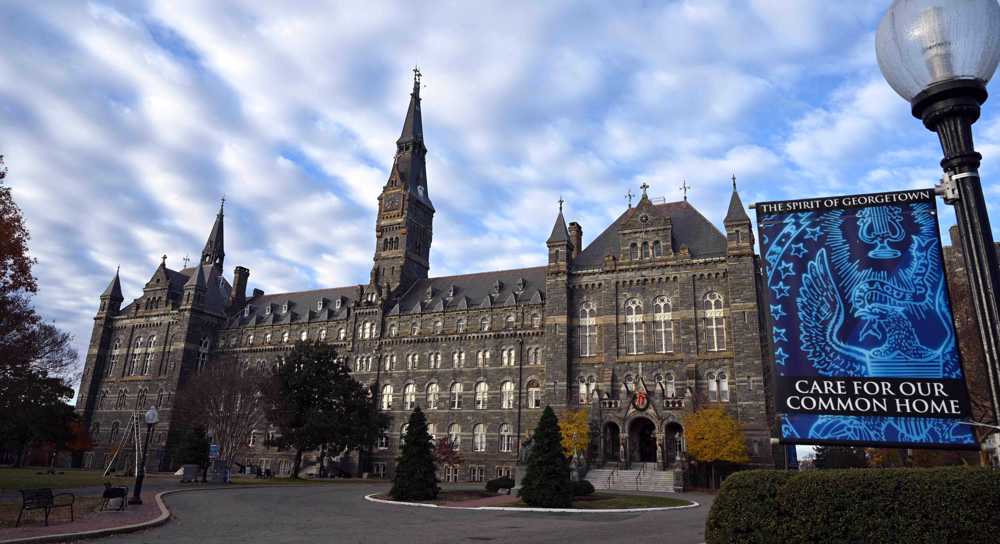
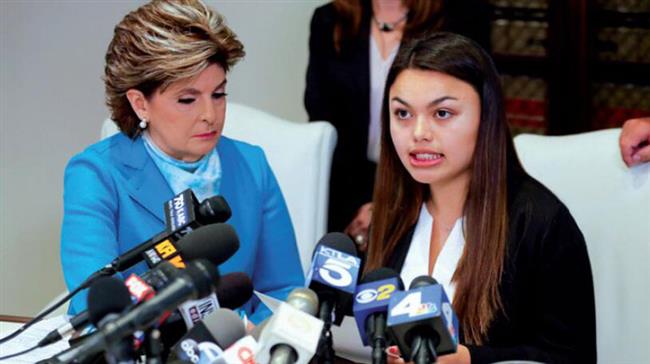






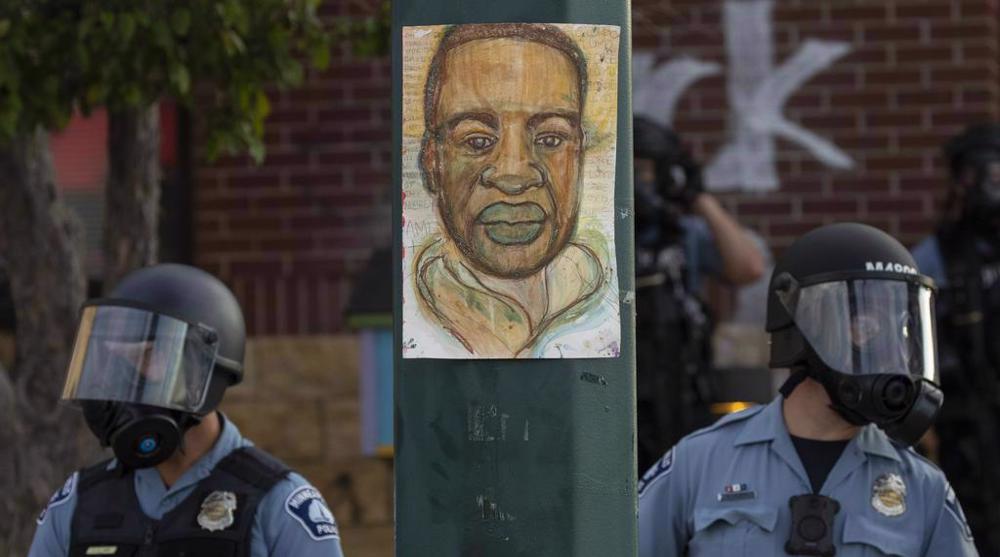



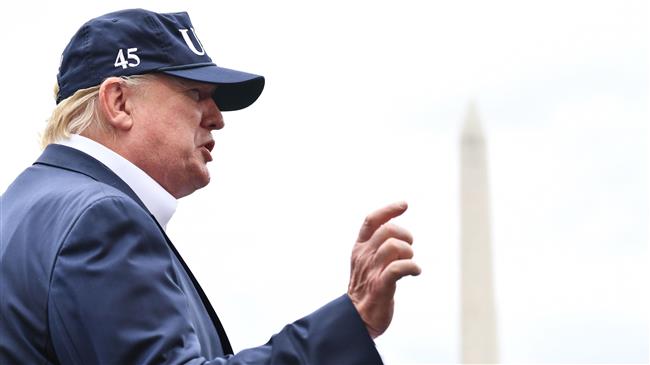
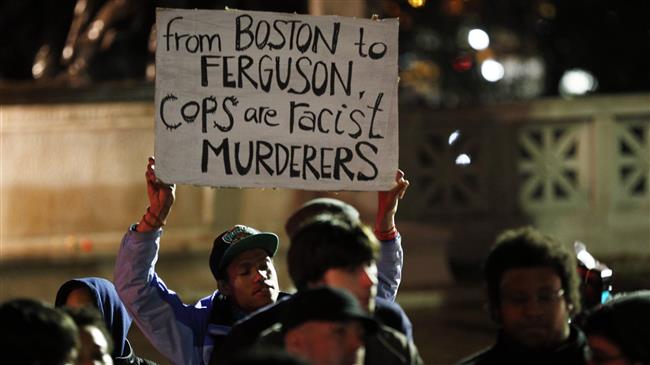
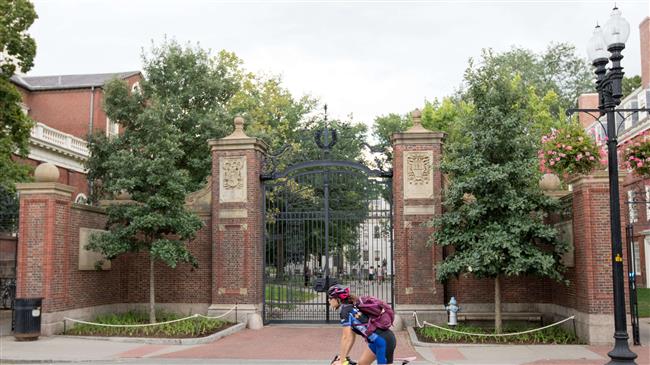



 This makes it easy to access the Press TV website
This makes it easy to access the Press TV website